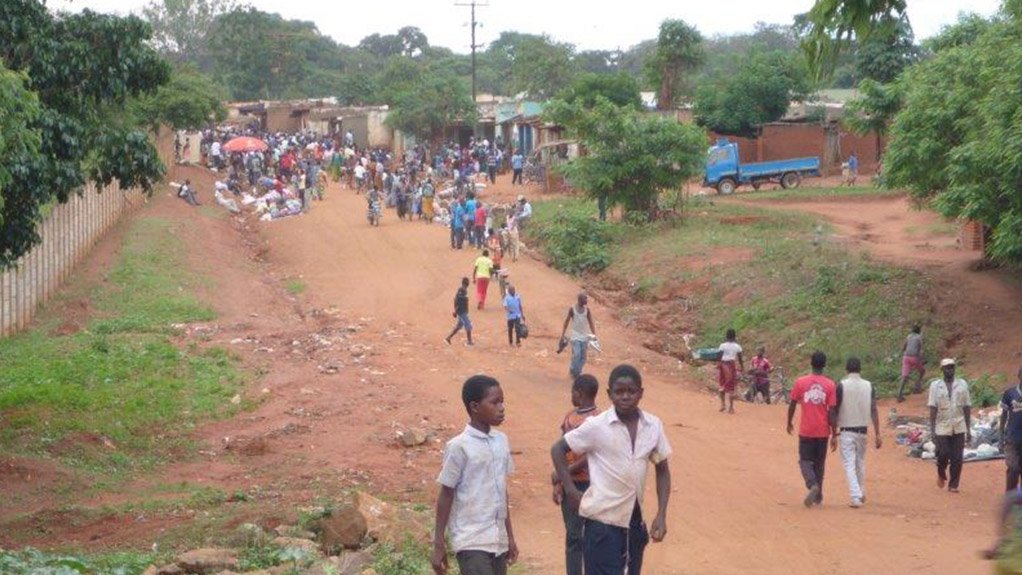
A new Mining Act anticipated to be promulgated in Malawi this year will make it compulsory for all mining companies to undertake Community Development Agreements (CDAs).
Describing it as an “important change,” AECOM Senior Specialist Karien Lotter explains that companies must commit a predetermined percentage of their profits to community development. This can range from building infrastructure such as roads, schools, and boreholes, implementing education and awareness programmes, or providing training.
As an integrated infrastructure delivery company, AECOM has considerable experience in the full suite of environmental and social assessments required for a variety of permitting purposes, planning resettlements, and compiling Resettlement Action Plans (RAPs) for development projects that require land acquisition, and which will result in the displacement of people and their assets.
“We have considerable experience in Sub-Saharan Africa, as well as good international industry practice. Studies are routinely conducted according to the International Finance Corporation’s Performance Standards, which govern environmental and social impact assessment and management.
“We also advise clients during the pre-construction phase about environmentally- and socially-sound development options and solutions,” Lotter adds, whose speciality is the ‘social’ aspects of Environmental and Social Impact Assessments (ESIAs).
This includes conducting Social Impact Assessments (SIAs), resettlement planning, stakeholder management, and due diligence studies. “In essence, as a social specialist, I deal with people and communities with a vested interest in or who are affected by development projects.”
Lotter comments that the social aspects of development projects are often the most challenging, and can pose a significant risk to the successful implementation of projects, “by virtue of the fact that one is dealing with people with complex emotions, hopes, concerns, and expectations.”
She continues: “Assessing a project’s impact on the biophysical environment does not require the scientist to establish and maintain a relationship with his subjects; assessing impacts on people depends on this, rendering the assessments rather complex and risky at times.
“People have the ability to actively oppose projects and prevent them from being implemented if they feel that they will suffer as a result. People have expectations of benefiting from projects, and have a need for their concerns to be heard about developments taking place around their home.”
AECOM is currently providing the core social services for Sovereign Metals’ Malingunde graphite project in Malawi’s Lilongwe District. Its scope of work encompasses stakeholder engagement, a SIA, and resettlement planning.
The ESIA process will run for about 18 months, as from November 2017. “The aim is to submit the ESIA report to the Malawian Environmental Affairs Department during Q1 2019, in support of an application for environmental authorisation,” Lotter concludes.